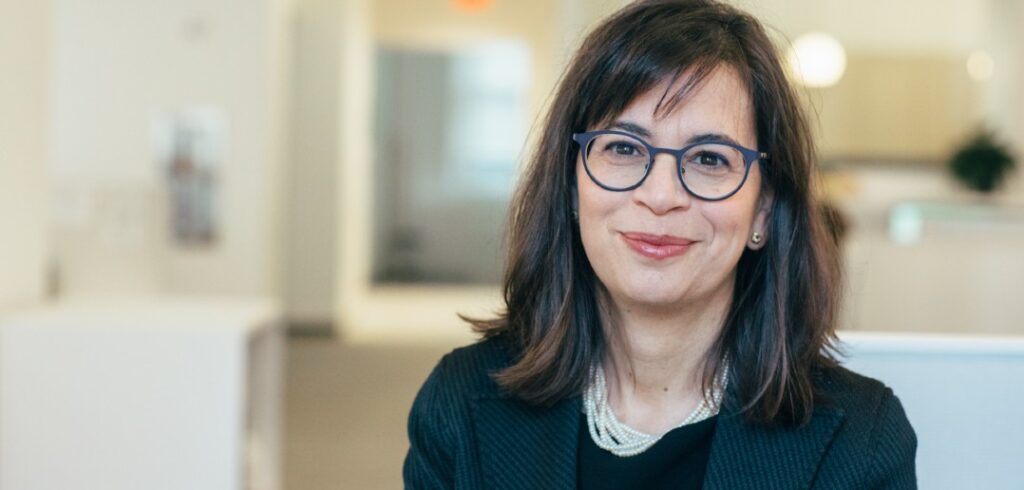When Aviva Will ’95 was a young litigation associate in the 1990s, she recalls seeing only a handful of female partners at her large firm. “I didn’t think women had a fair shake at big law,” she notes.
Now, as co-chief operating officer of legal finance and asset management firm Burford Capital, Will is leading Burford’s Equity Project, which recently announced a new funding phase to provide an additional $100 million in litigation funding for women and racially diverse attorneys.
Will says the next phase builds on not only her experience as a woman at a large law firm, but also upon the success of the first phase of the project, which began in 2018 and funded $57 million in projects led by women over the past two years.
Addressing Biases in Litigation Funding
In addition to those early years working in private practice, Will points to her experience with Burford over the last decade. She says she rarely saw women involved in cases seeking funding, such as contingency fee cases. “Women didn’t feel they had that leeway,” Will observes. She notes that if a woman was not successful in a contingency case, she may not feel she had a chance to go before her firm’s executive committee with a similar proposal in the future.
“We thought we could find those cases and support those women,” Will continues.
Burford is tracking the cases it funded in the first phase. While many cases are ongoing and final data is not available, Will notes anecdotally that there were fewer cases funded than anticipated. However, they were higher-value cases than she had originally anticipated. Will credits the high-value litigation in part to the fact that clients like working with female litigators. “Anecdotally, we know from research clients like working with female litigators,” Will notes. “General counsels and in-house lawyers tend to think that women are more efficient….We’re so used to juggling kids and work and all sorts of other things,” she says.
Expansion of Initiative
With the second phase of the project now in motion, Burford is expanding the pool of potential recipients to include not only women, but also anyone identifying as racially diverse. Will cites the 2020 Vault/Minority Corporate Counsel Association Diversity Survey, which found that 2.2 percent of AmLaw 100 partners are Black and 3.88 percent are women of color, as evidence of the need in this area.
The first phase of the Equity Project also included events for female attorneys ranging from business development boot camps to in-house counsel panels. The second phase will expand these programs as well. “The subject matter of the training initiatives will change to meet the new criteria of The Equity Project,” Will explains.
Building Upon Stein Principles
One of the challenges of the initial phase of the Equity Project, according to Will, was finding funding candidates. “You’d think if you were walking around with a bag of money on your shoulder, you’d be able to spend it,” Will says. But she says implicit biases around women leading litigation made it more difficult to find women seeking funding.
“I relied on my Fordham Law network to spread the word,” Will says.
Will notes she has always appreciated the way Fordham “lives in the real world” and teaches students to build upon the practical legal skills they learn in the classroom. She was in the first class of Stein Scholars at Fordham Law more than 15 years ago and her work today is built upon the principles of that program.
“You can do well and do right at the same time,” Will says.

